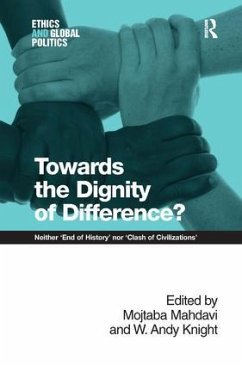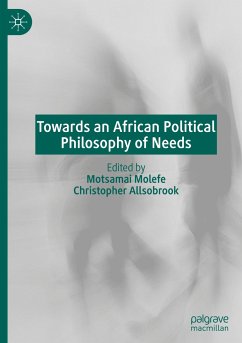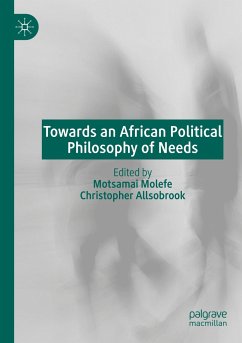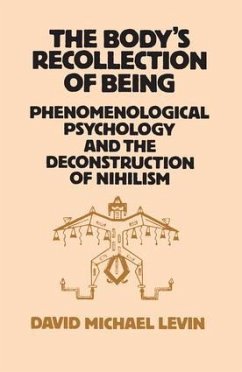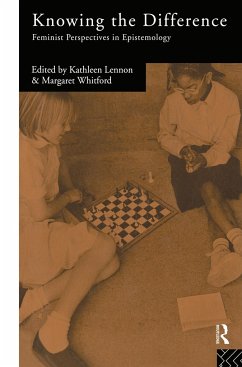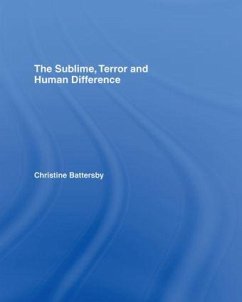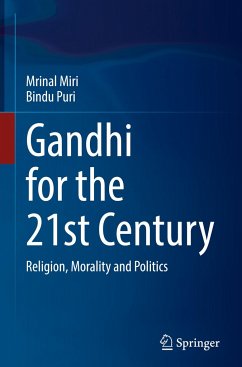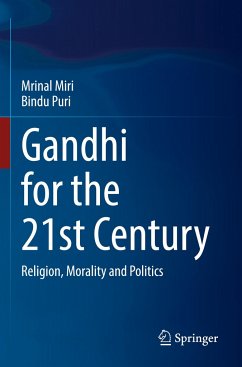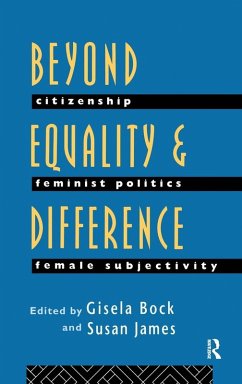
Towards the Dignity of Difference?
Neither 'End of History' nor 'Clash of Civilizations'
Herausgeber: Knight, W. Andy
Versandkostenfrei!
Versandfertig in 1-2 Wochen
68,99 €
inkl. MwSt.
Weitere Ausgaben:

PAYBACK Punkte
34 °P sammeln!
The rise of popular social movements throughout the Middle East, North Africa, Europe and North America in 2011 challenged two hegemonic discourses of the post-Cold War era: Francis Fukuyama's 'The End of History' and Samuel Huntington's 'The Clash of Civilizations.' The quest for genuine democracy and social justice and the backlash against the neoliberal order is a common theme in the global mass protests in the West and the East. This is no less than a discursive paradigm shift, a new beginning to the history, a move towards new alternatives to the status quo. This book is about difference ...
The rise of popular social movements throughout the Middle East, North Africa, Europe and North America in 2011 challenged two hegemonic discourses of the post-Cold War era: Francis Fukuyama's 'The End of History' and Samuel Huntington's 'The Clash of Civilizations.' The quest for genuine democracy and social justice and the backlash against the neoliberal order is a common theme in the global mass protests in the West and the East. This is no less than a discursive paradigm shift, a new beginning to the history, a move towards new alternatives to the status quo. This book is about difference and dialogue; it embraces The Dignity of Difference and promotes dialogue. However, it also demonstrates the limits of dialogue as a useful and universal approach for resolving conflicts, particularly in cases involving asymmetric and unequal power relations. The distinguished group of authors suggests in this volume that there is a 'third way' of addressing global tensions - one that rejects the extremes of both universalism and particularism. This third way is a radical call for an epistemic shift in our understanding of 'us-other' and 'good-evil', a radical approach toward accommodating difference as well as embracing the plural concept of 'the good'. The authors strengthen their alternative approach with a practical policy guide, by challenging existing policies that either exclude or assimilate other cultures, that wage the constructed 'global war on terror,' and that impose a western neo-liberal discourse on non-western societies. This important book will be essential reading for all those studying civilizations, globalization, foreign policy, peace and security studies, multiculturalism and ethnicity, regionalism, global governance and international political economy.





